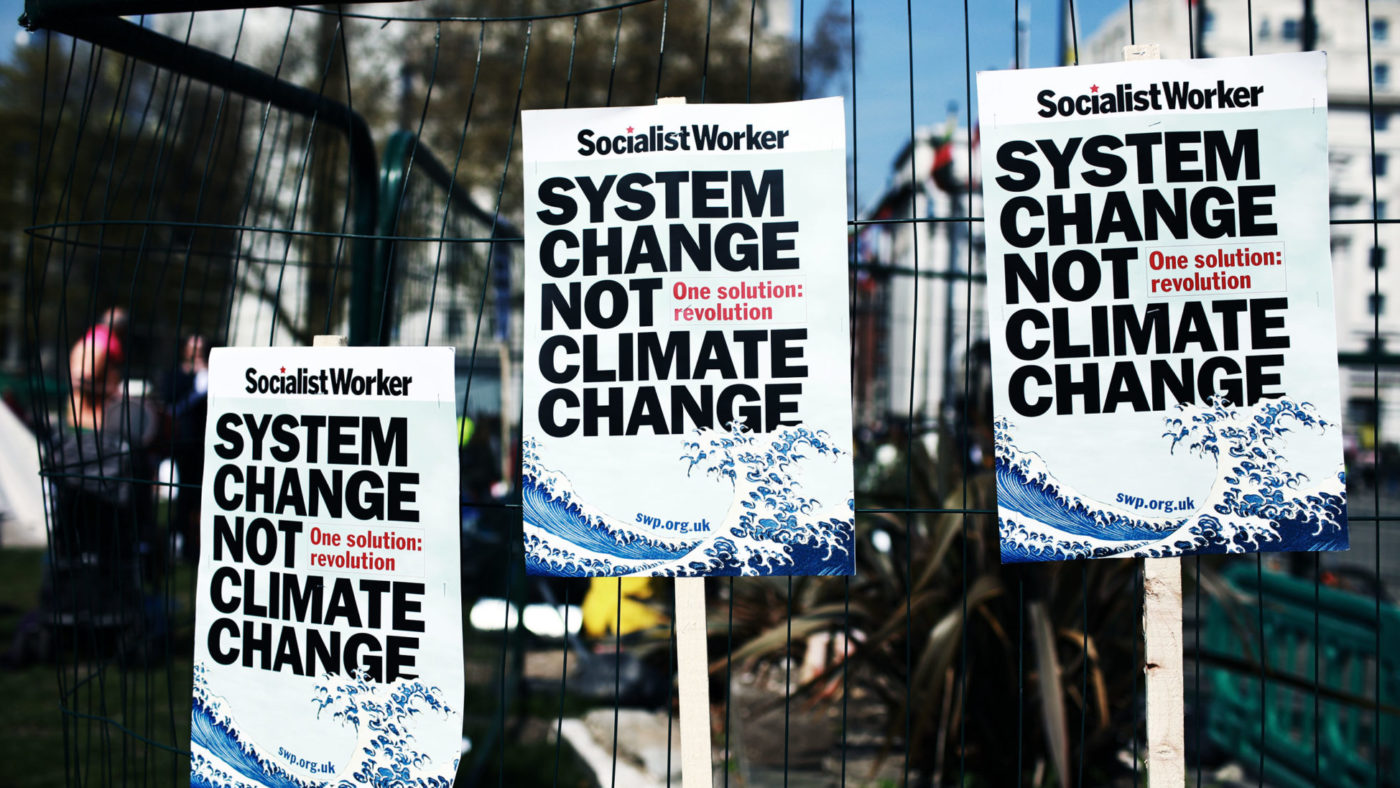This week in class we began with a reading of James Rowe’s article “Is a Fear of Death at the Heart of Capitalism?”. The article reflects and derives its thesis from Ernest Brecker’s work. Brecker theorized that humans act reactively to their mortality in the sense that they create structures and cultures that allow them to redirect their fear of their own death or the feelings of impermanence and smallness that accompany their understanding of death. The fear that our death is inevitable and thus out of our control leads us, as a species, to try to create structures that we feel can immortalize us. This leads to us creating systems such as capitalism allows us to determine a way to value one’s existence in a tangible way. These systems allow us to act to win within these systems in order to immortalize ourselves in these assumably immortal structures. Thus, such structures have contributed to the incredible innovation but also to the destabilization of the conditions needed to allow life to flourish. Rowe believes that the solution to reconstructing capitalism and other such detrimental systems is by understanding and changing how our fears of death enforce our desire for permanence in the form of these institutions. Through discussion concerning these pieces, I find that though there is value in this approach in the long run it doesn’t seem to address any of the problems we face in the short term, specifically that of our climate crisis. However, a potentially more suitable solution for our current situation is one that Mark Hertsgaard posits in his piece the God Species. Hertsgaard claims that humans should posit that we should also understand our role in death and rather than use that to shift the foundations of our destructive activities refine them with our current capabilities that though the byproduct of destructive practices gives us a godlike power to positively shift or minimize our impact on our planet to sustain our current systems simply not at the cost of the planet. Ultimately, I believe that the idea of explaining these generally exploitative and oppressive systems, as a result of our discordant relationship with death as a species, does very little in changing the very damning impact of them on the state of our planet. Realistically if we want to address the climate crisis we must question if we have the time to reconstruct institutions that will then adequately address the pressing crises we face now or whether we must learn to work within the constraints of our current institutions.
 Photo: David Cliff / NurPhoto via Getty Images- The general discontentment with systems such as capitalism by climate activists
Photo: David Cliff / NurPhoto via Getty Images- The general discontentment with systems such as capitalism by climate activists  JANSCHWALDE, GERMANY – NOVEMBER 24: A loan wind turbine spins as exhaust plumes from cooling towers
JANSCHWALDE, GERMANY – NOVEMBER 24: A loan wind turbine spins as exhaust plumes from cooling towers
